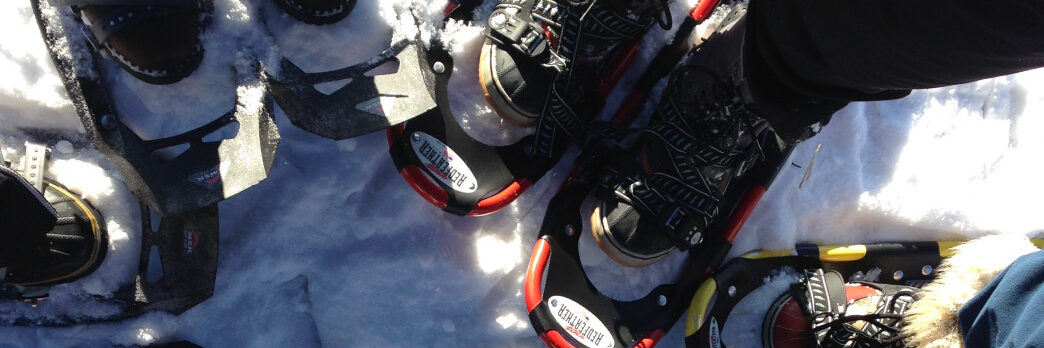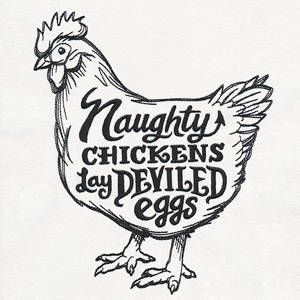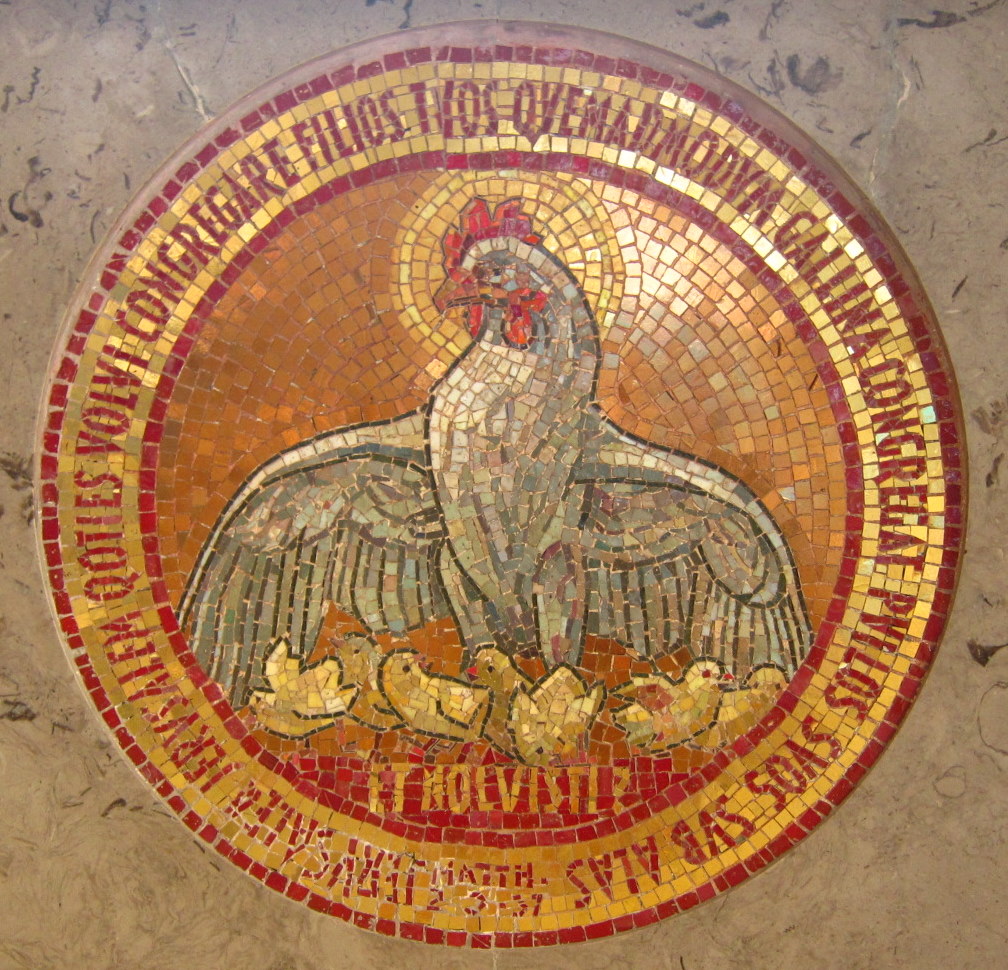Reflections on roosters & hens in culture and scripture
The old brown hen and the old blue sky,Between the two we live and dieThe broken cartwheel on the hill.— Wallace Stevens Songs about chickens: Chicken Dance (polka/folk dance music video with children) and original recording by The Emeralds Your Wings by Lauren Daigle (Christian) The Rooster Song by Fats Domino (rock) Chicken Bone Bone […]


